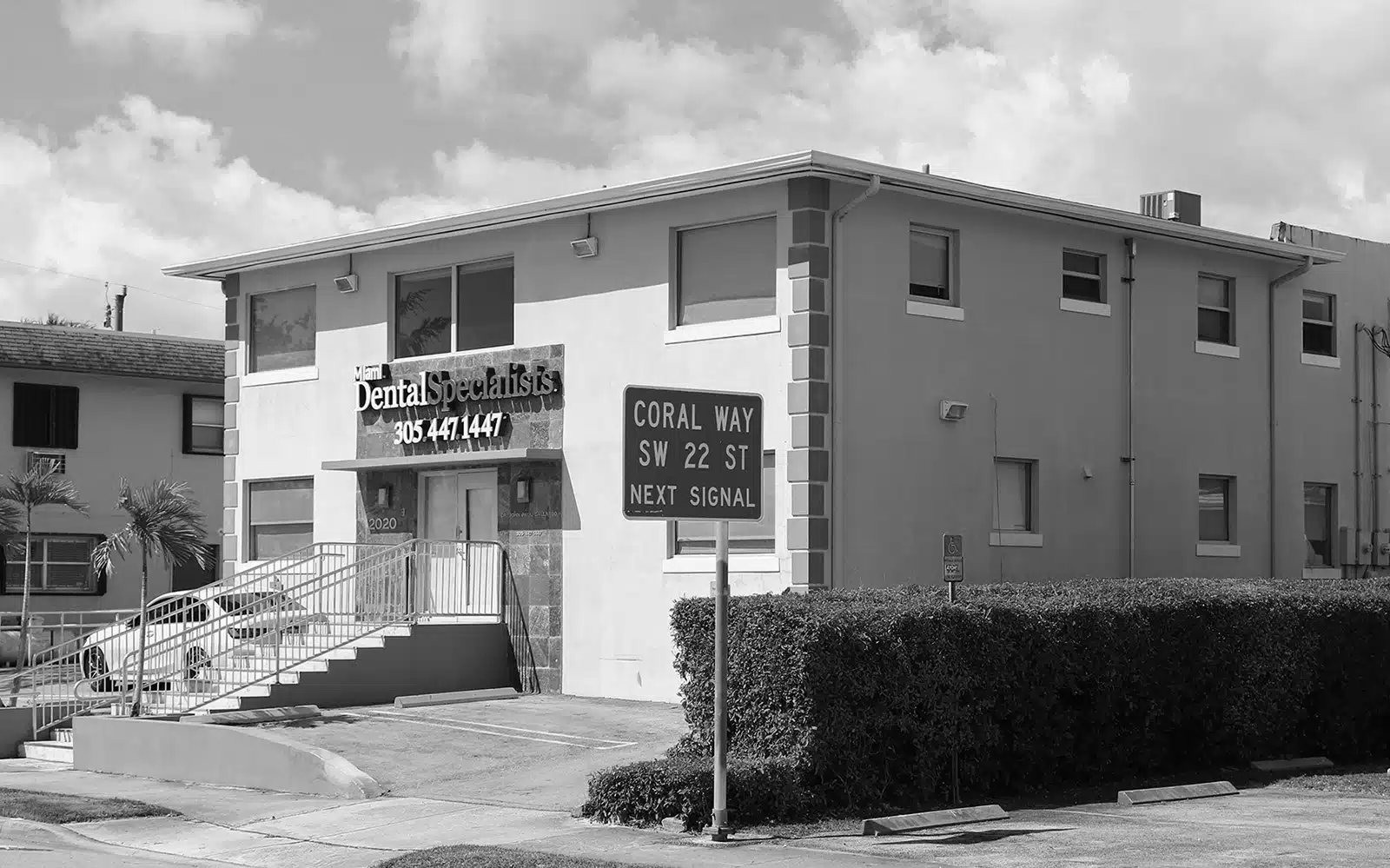
Have you ever looked in the mirror and noticed your gums were a little redder than usual, or perhaps you saw some blood after brushing? It might be a wake-up call—gingivitis could be knocking at your door. This common gum condition affects millions, but the good news is that it’s treatable. The real question is: how long will it take to get rid of it?
If you’re worried about the time it takes to heal from gingivitis, you’re not alone. The answer isn’t as straightforward as a calendar date. Healing depends on many factors—from the severity of the inflammation to your body’s unique response to treatment. Let’s dive into what really influences your recovery and what to expect as you work toward a healthier smile.
How Long Will It Take for Your Mouth to Heal From Gingivitis?
The time it takes to heal from gingivitis can vary widely depending on several important factors. These include the type and severity of gingivitis, how promptly and effectively treatment is started, your oral hygiene habits, the skill of the dental provider, and your body’s individual immune response. For many, mild cases of gingivitis may resolve within 10 to 14 days with professional cleaning and consistent at-home care. However, more severe cases or those progressing into early-stage periodontal disease may take weeks or even months to fully heal. Lifestyle factors such as smoking, stress, and systemic health conditions (like diabetes) can also slow down the healing process. Let’s take a closer look at what affects the treatment timeline and explore the options available to treat gingivitis effectively.
Gingivitis Treatment Stages
The timeline for treating gingivitis isn’t one-size-fits-all. It largely depends on how advanced the condition is when diagnosed and how diligently the treatment plan is followed. Early-stage gingivitis often responds quickly to proper care, while more progressed cases may require more time and professional intervention. Let’s break it down by severity:
Mild gingivitis
Mild gingivitis, or early-stage gum disease, mild gum inflammation is common and is the most straightforward to treat and typically resolves within 2 to 3 weeks when addressed early. Patients who adopt a strong oral health routine—daily brushing (twice a day), flossing daily, and using an antibacterial mouthwash—often see rapid improvements. A professional dental cleaning can remove tartar, plaque, and bacterial buildup, helping the gums begin to heal. Consistency and diligence at home are key to preventing the condition from returning.
Moderate gingivitis
Moderate gingivitis requires more time and attention than mild cases. Healing can typically take between 4 to 6 weeks, depending on how consistently the patient follows a professional treatment plan. This often includes a comprehensive dental cleaning, scaling, and root planing if necessary, and reinforced home care practices. During this phase, dental professionals may also recommend specific antimicrobial rinses or medicated toothpaste to help control bacteria. Consistent follow-up appointments are essential to monitor progress and ensure the gums are responding to treatment.
Severe gingivitis
Severe gingivitis is more advanced and often requires a longer, more involved recovery period. Healing can take several months and may involve multiple treatments, including deep cleanings, antibiotics, and possibly minor surgical procedures. Inflammation is usually more pronounced, and the gums may already be receding or infected. Patients must commit to strict oral hygiene, lifestyle changes, and regular professional monitoring to see lasting improvement. Without timely intervention, severe gingivitis can progress into periodontitis, a more serious form of gum disease.
Periodontitis
Periodontitis is a more advanced gum disease form that extends deeper into the supporting structures of the teeth. Unlike gingivitis, periodontitis cannot be completely cured, but it can be effectively managed and halted with the right treatment. The healing timeline varies significantly depending on the extent of the damage, but it often involves an ongoing periodontal therapy over several months. Periodontal disease treatments may include deep cleanings, laser therapy, or even surgical procedures to remove infected tissue and regenerate lost bone. Long-term success depends heavily on maintenance and regular visits with a periodontist.

Treatment Options for Gum Disease Recovery
The right treatment for gum disease depends on how far the condition has progressed. While early-stage gingivitis can often be reversed with proper hygiene, advanced cases like periodontitis require professional intervention. Below are the most common and effective treatment options available for managing and controlling gum disease:
- Professional Dental Cleaning: Removes plaque and tartar from above and below the gumline. Essential for reversing early gingivitis and preventing it from worsening.
- Scaling and Root Planing: A deep-cleaning procedure that smooths the root surfaces and removes bacteria from deep gum pockets. Often, the first step in treating moderate to severe gum disease.
- Antibiotic Therapy: May be prescribed to control bacterial infection. This could include oral antibiotics, antibiotic gels, or microspheres placed in periodontal pockets.
- Laser Therapy: Used to remove infected gum tissue and promote healing with less discomfort and faster recovery than traditional surgery.
- Surgical Treatments: In severe cases, flap surgery or grafting procedures may be necessary to repair damaged tissue and bone.
- Ongoing Maintenance: Regular periodontal checkups and cleanings every 3–4 months help maintain gum health and prevent recurrence.
Severe Periodontitis Before and After Treatment


* All patients are unique and individual results may vary.
Choosing a Gum Expert as Your Dentist
When it comes to treating gingivitis—and especially preventing its progression to more serious gum disease—the experience and skill of your dentist matter tremendously. Proper diagnosis, targeted treatment, and consistent follow-ups all rely on a specialist who understands the nuances of gum health. Choosing a qualified periodontist not only ensures more effective and comfortable care, but it can also significantly reduce your healing time and help protect your overall oral health in the long run.
That’s where Dr. John Paul Gallardo comes in. With over 25 years of experience, Dr. Gallardo is recognized as one of South Florida’s top periodontists and implant specialists. His expertise in treating gum disease using the latest technologies, combined with his patient-focused approach and IV conscious sedation, ensures a safe, precise, and relaxed experience. If you’re ready to take the first step toward a healthier smile, call us today at 305-447-1447 or visit our contact page to schedule your consultation.
Frequently Asked Questions
What are the symptoms of gingivitis?
Gingivitis often begins subtly, making it easy to overlook. Common symptoms include red, swollen gums or tender gums that may bleed during brushing or flossing. You might also notice persistent bad breath, a receding gumline, or gums that appear shiny or overly soft. While discomfort is usually mild, the condition can worsen if not treated early. Because gingivitis can progress without obvious pain, regular dental checkups are key to catching and treating it before it develops into more serious gum disease.
Is gingivitis contagious?
Gingivitis itself is not contagious in the traditional sense, like a cold or the flu. However, the bacteria that contribute to gum disease can be transferred through saliva, meaning that activities like kissing or sharing utensils with someone who has gingivitis could expose you to the same harmful bacteria. That said, simply being exposed doesn’t guarantee infection. Good oral hygiene and regular dental care are your best defenses against developing gingivitis, even if you’re in close contact with someone who has it.
Can you treat gingivitis at home?
Yes, in its early stages, gingivitis can often be treated at home with consistent and effective oral hygiene. This includes brushing your teeth with a proper toothbrush at least twice a day, flossing daily, and using an antibacterial mouthwash to reduce plaque buildup. Maintaining a healthy diet and avoiding tobacco products also supports gum health and prevents additional gum recession. However, while home care can reverse mild gingivitis, it’s crucial to visit a dentist for a proper diagnosis and to ensure that no more serious conditions are developing beneath the surface.
Can periodontal disease be cured?
While periodontal disease cannot be completely cured, it can be effectively managed and controlled with the right treatment and long-term care. The key is to halt the progression of the disease, repair as much of the damage as possible, and maintain gum and bone health through regular cleanings, proper home care, and lifestyle adjustments. With the help of a skilled periodontist and a personalized treatment plan, many patients are able to keep their periodontal disease stable and prevent further deterioration.